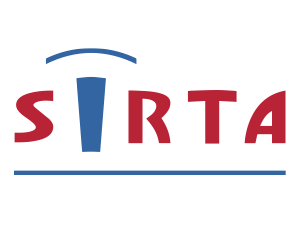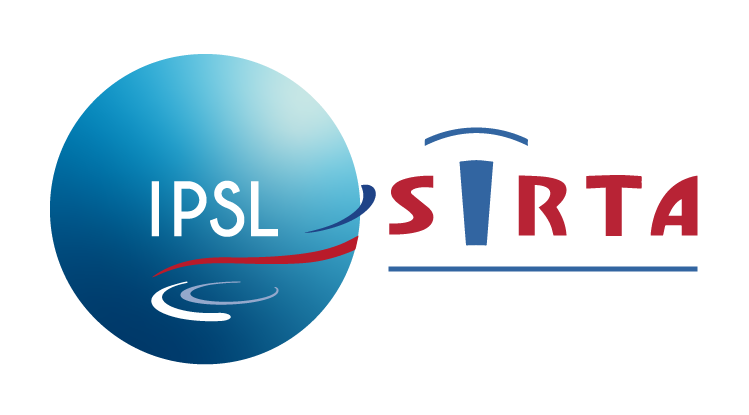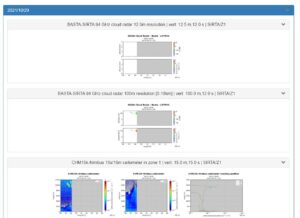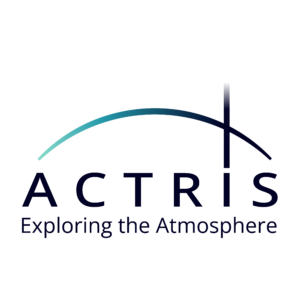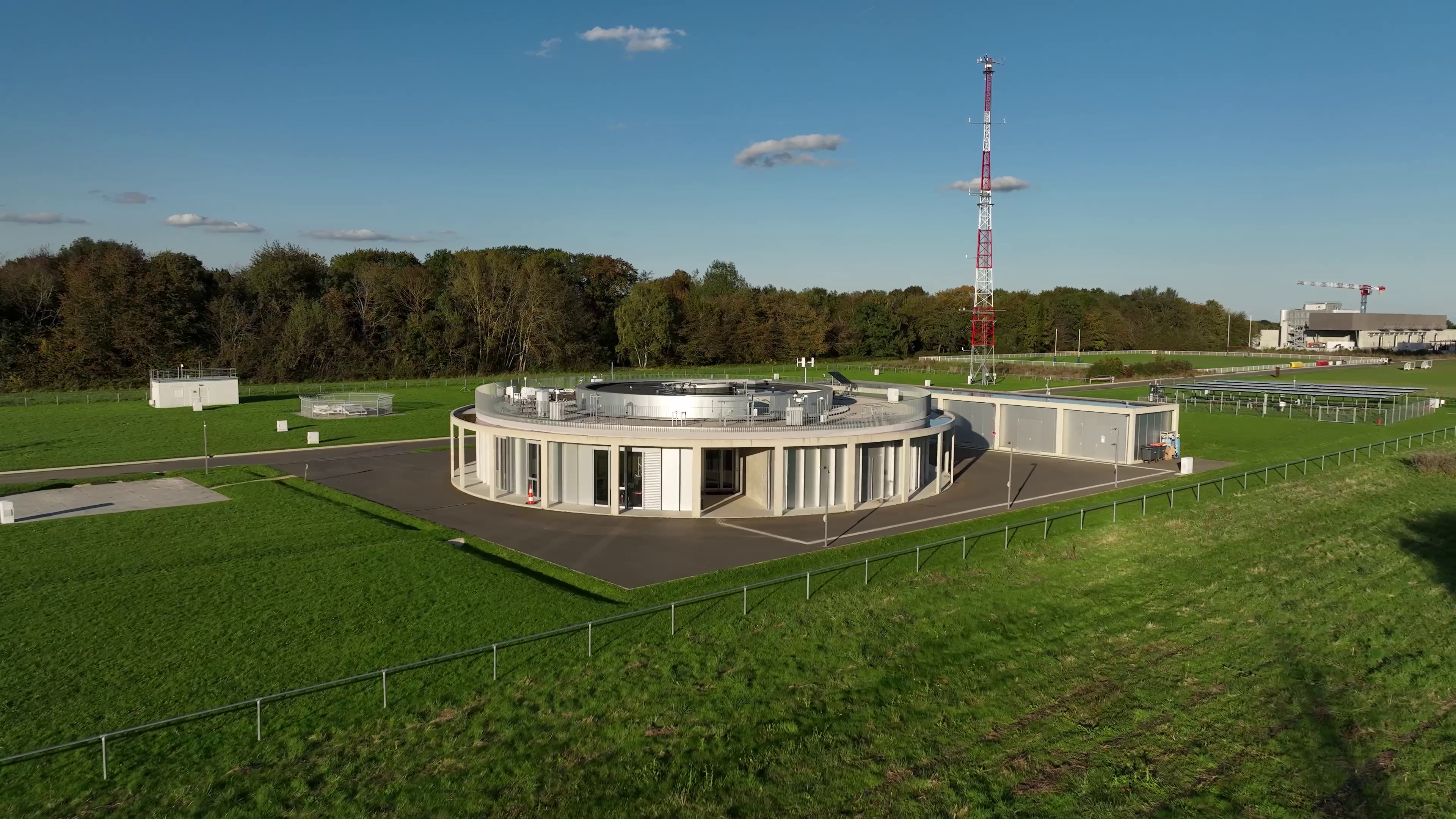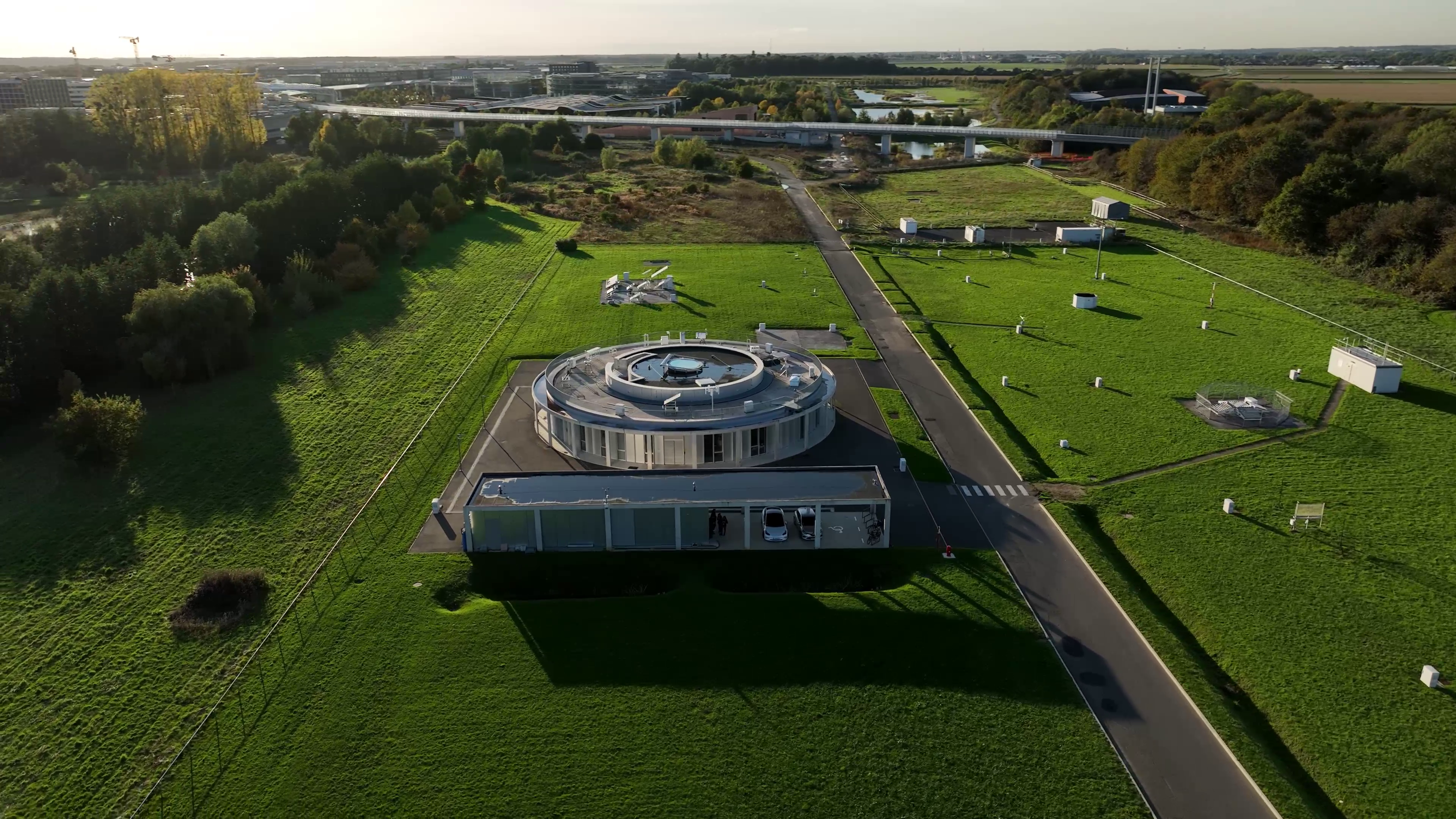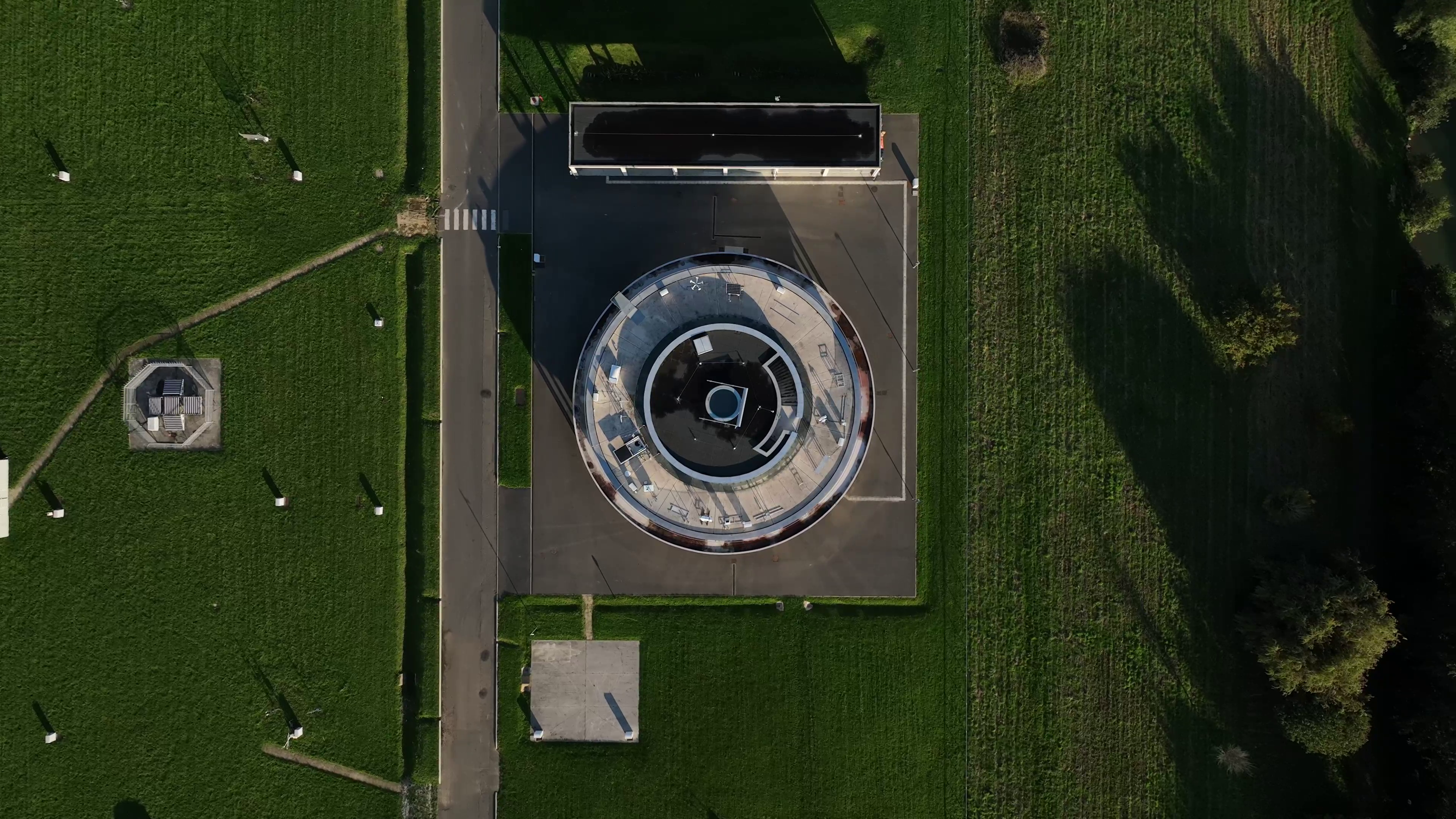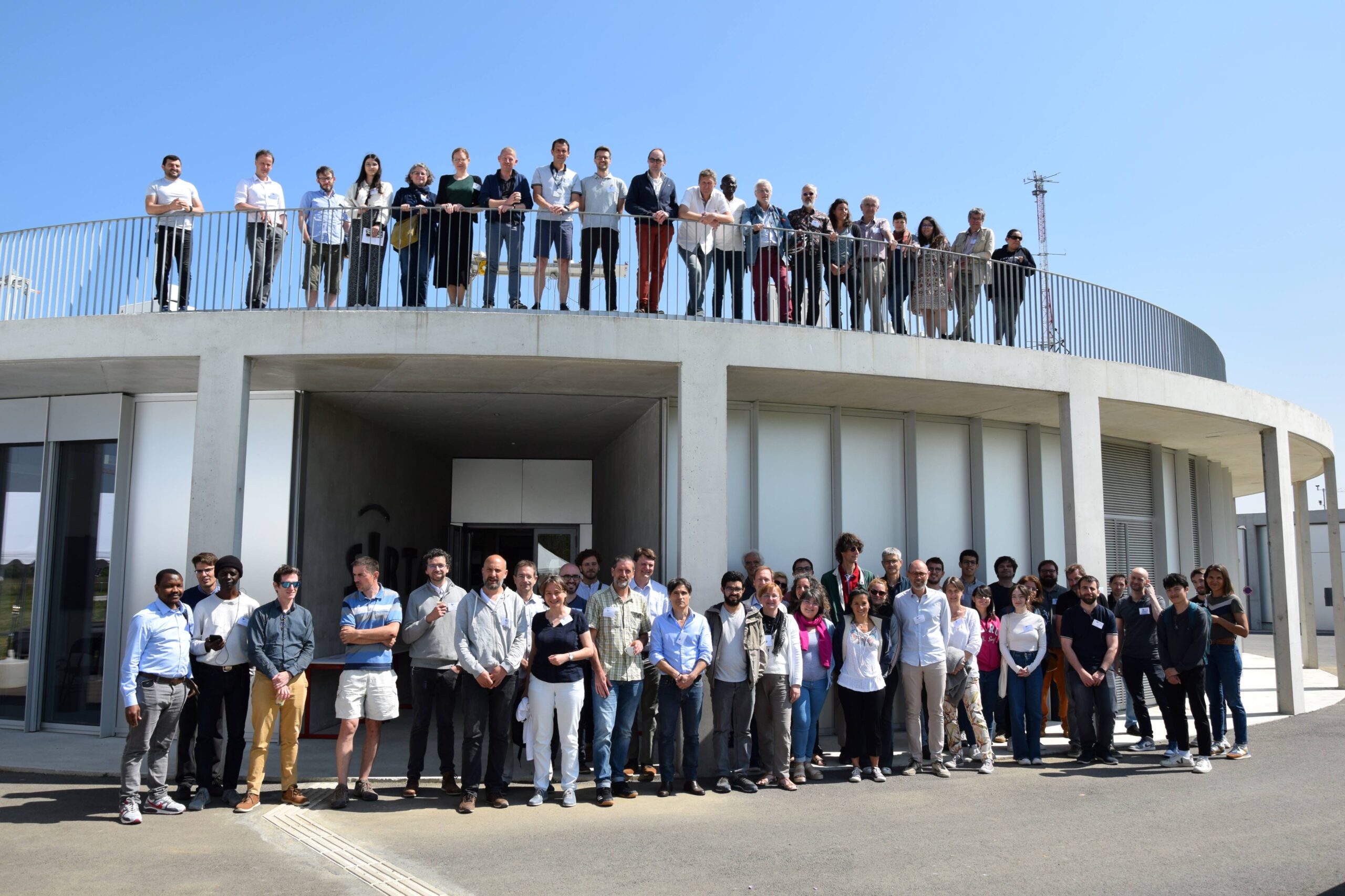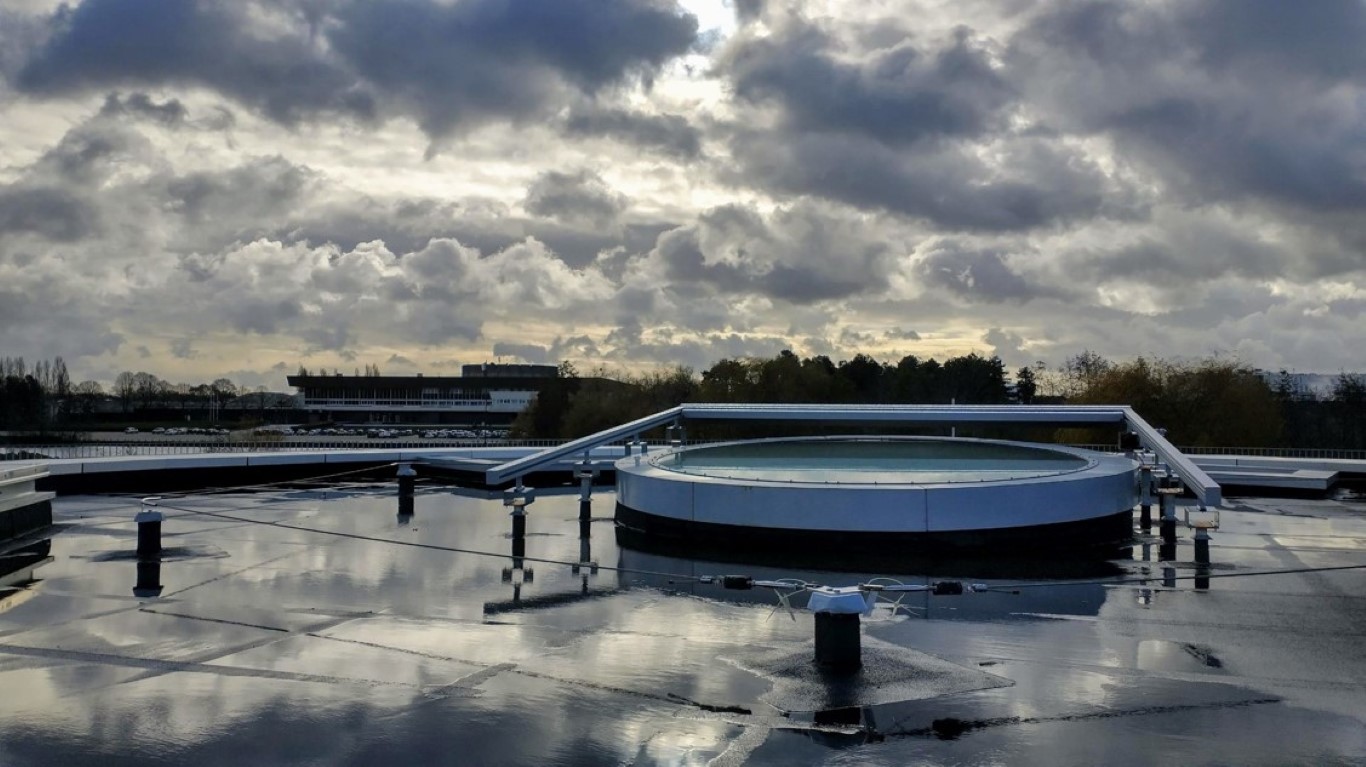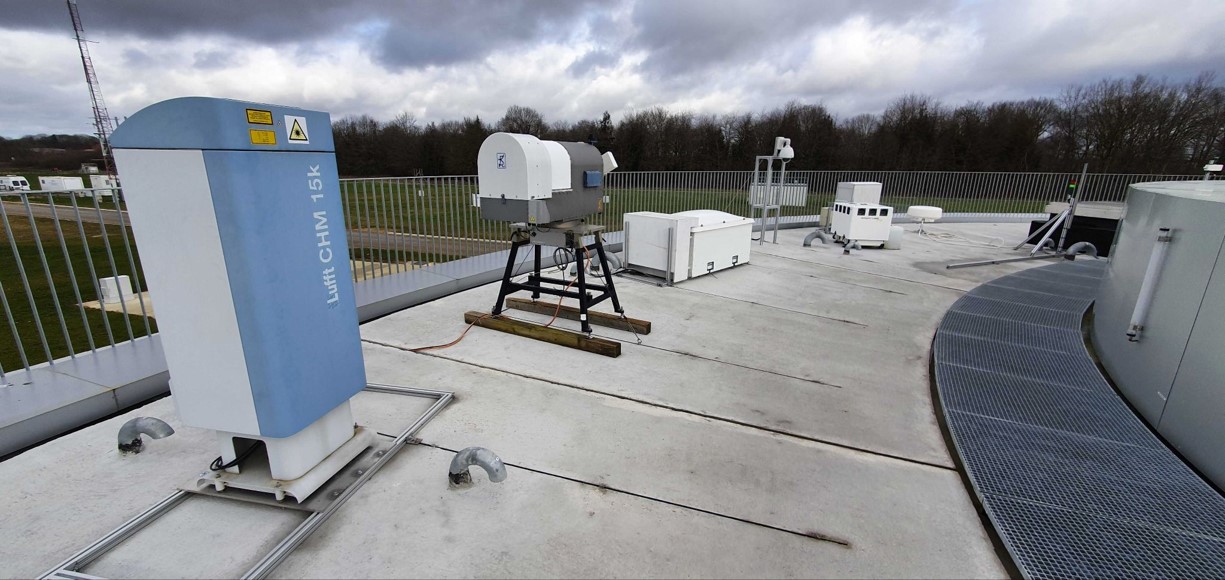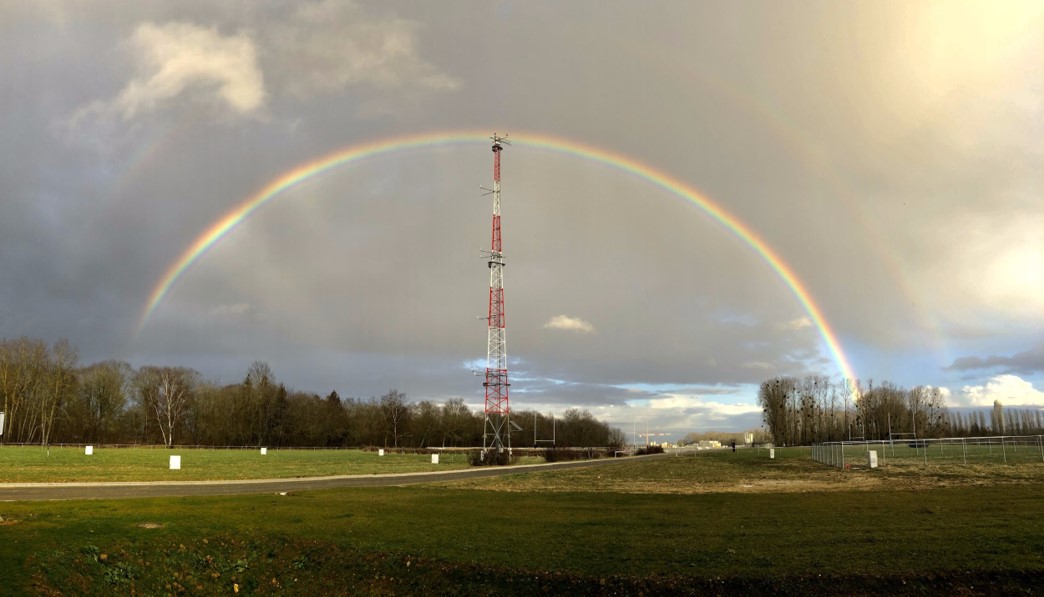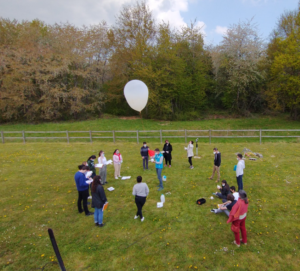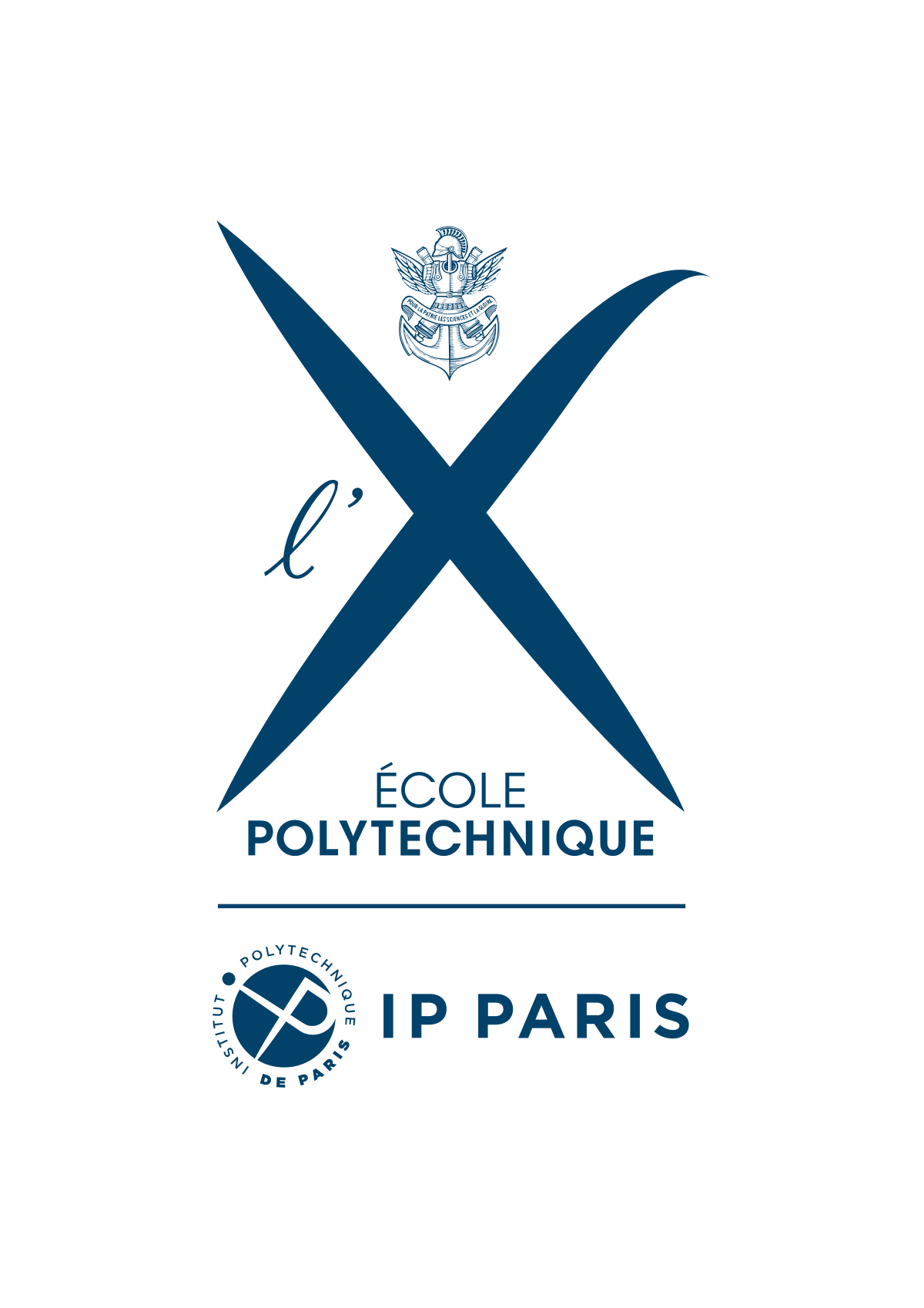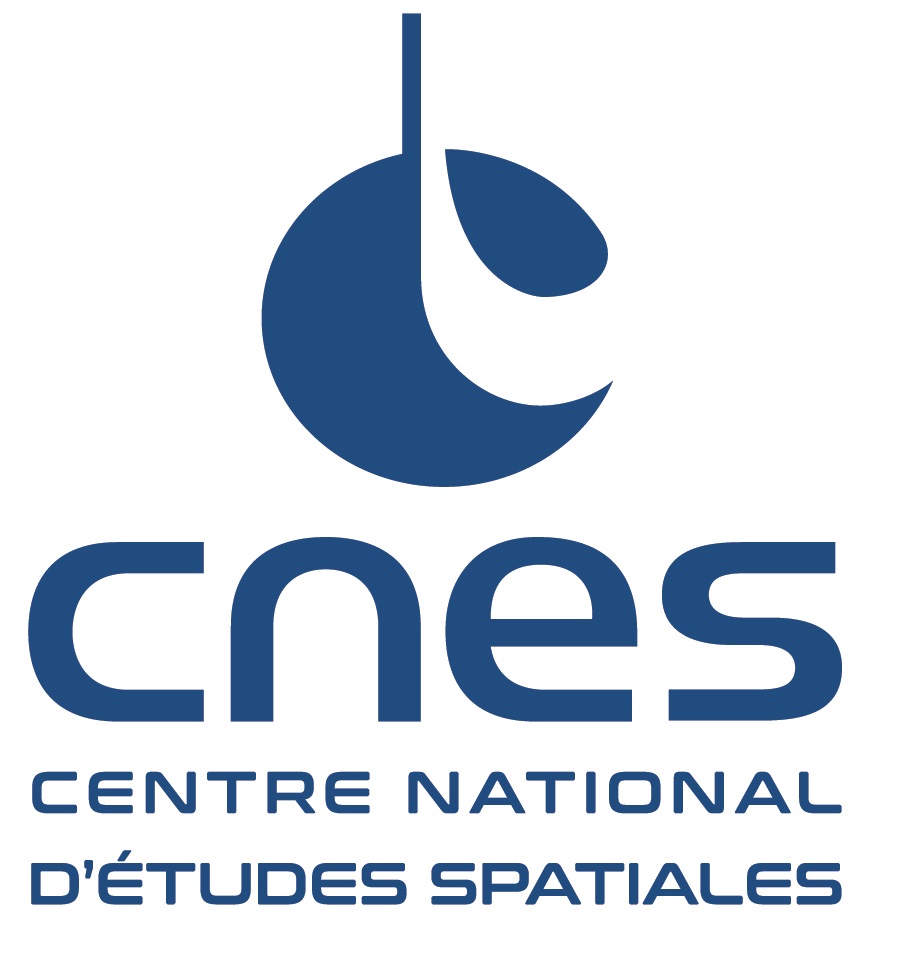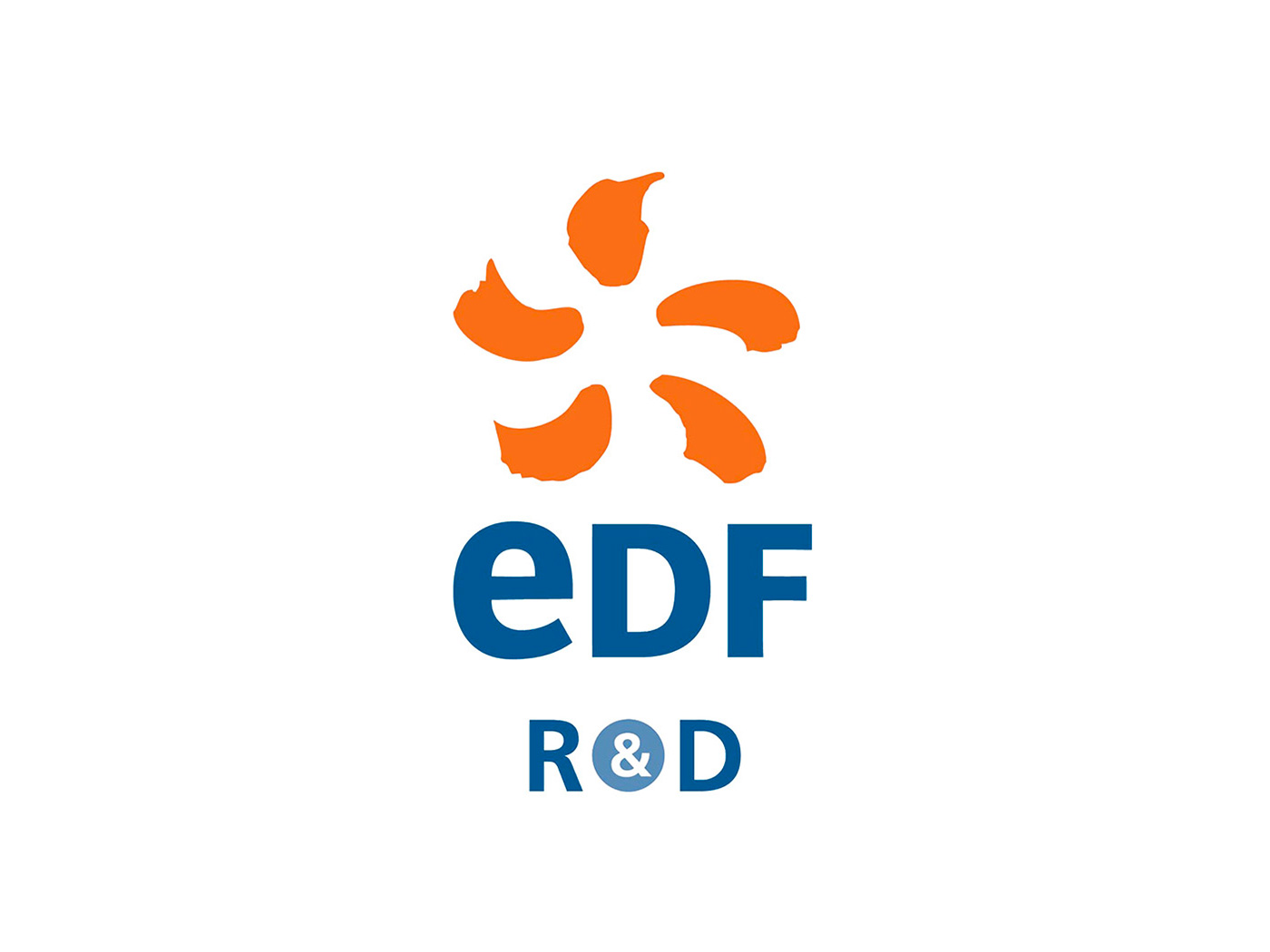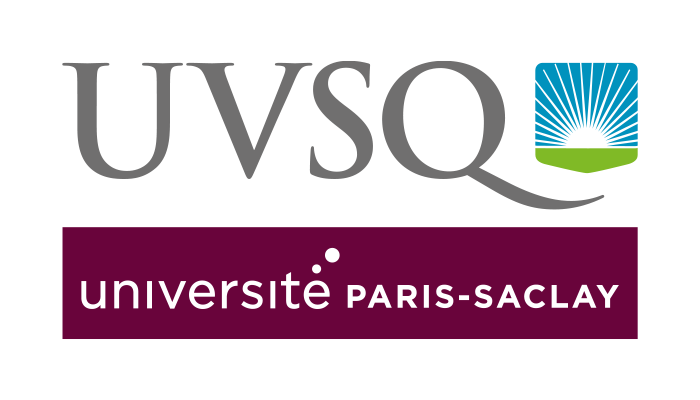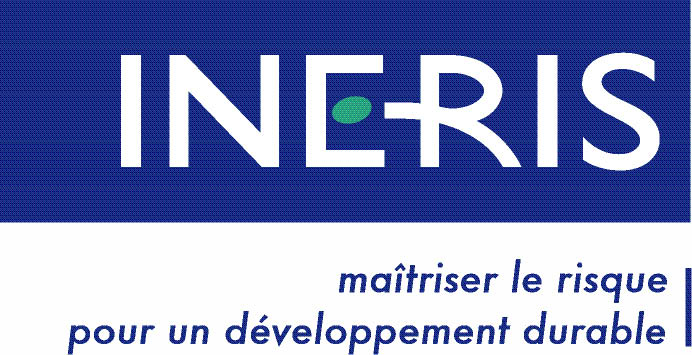WELCOME TO SIRTA
The SIRTA Atmospheric Research Observatory is one of few sites in Europe offering the instrumentation and the facilities to study atmospheric physico-chemical processes from the surface to the upper troposphere through the boundary layer. At SIRTA, we study climate variability at regional and decadal scales and evaluate the performance of atmospheric models (climate projection, weather forecast, chemistry-transport, etc.).
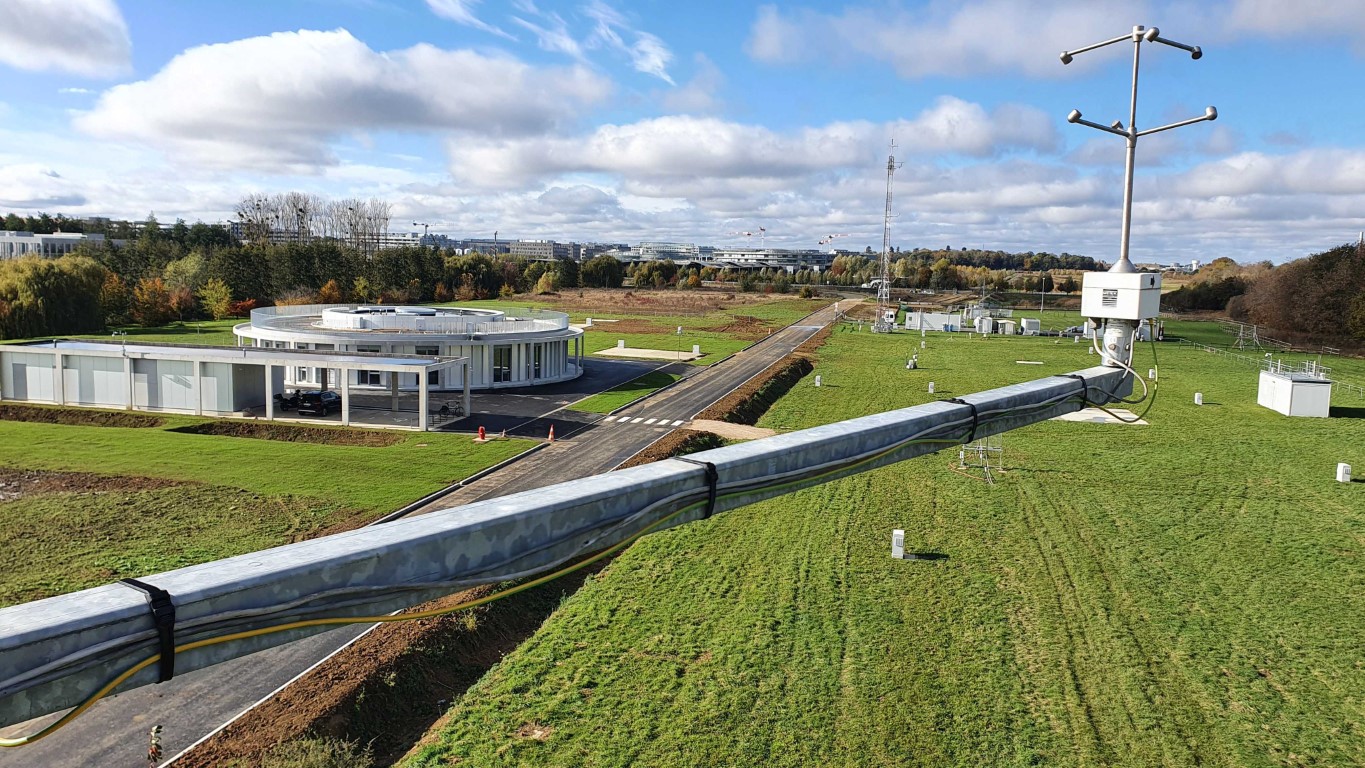
Main observatory
Reactive gazes and aerosol in-situ
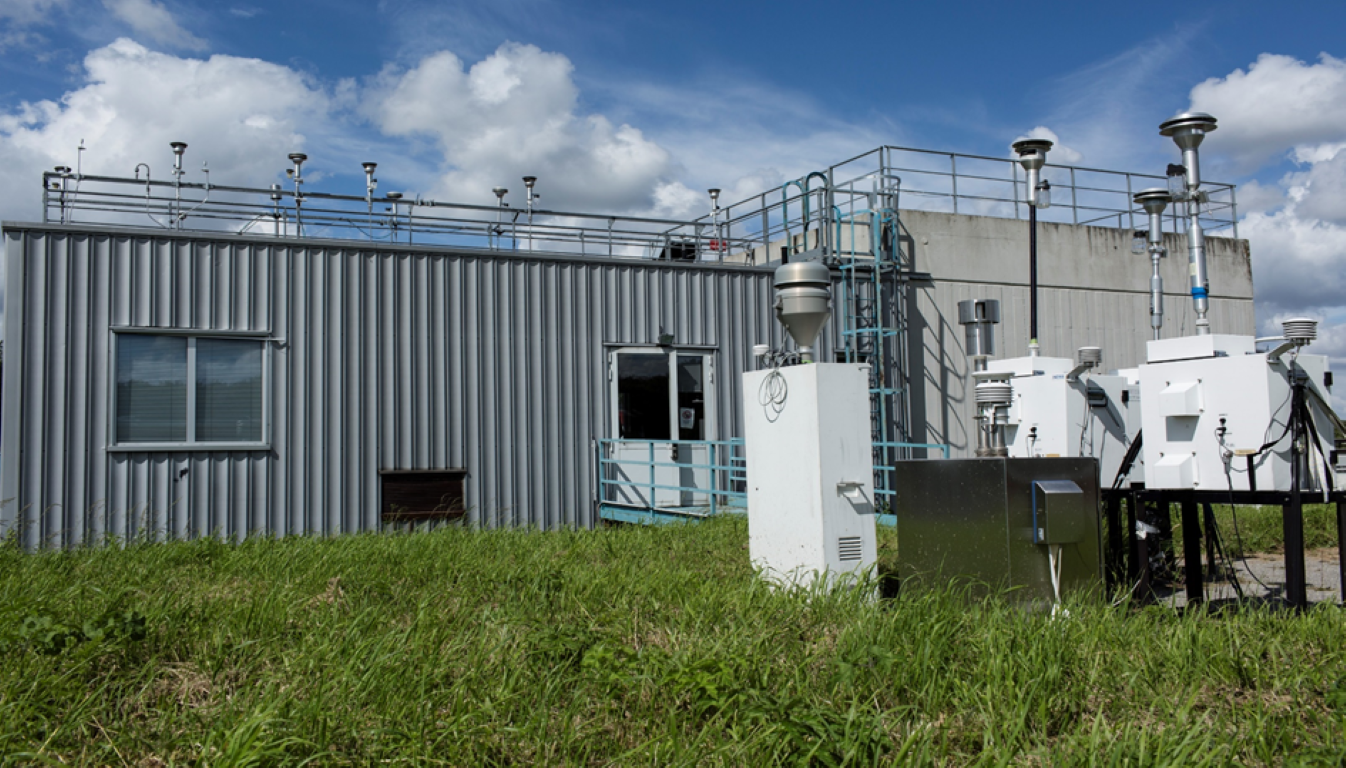
SIRTA new building
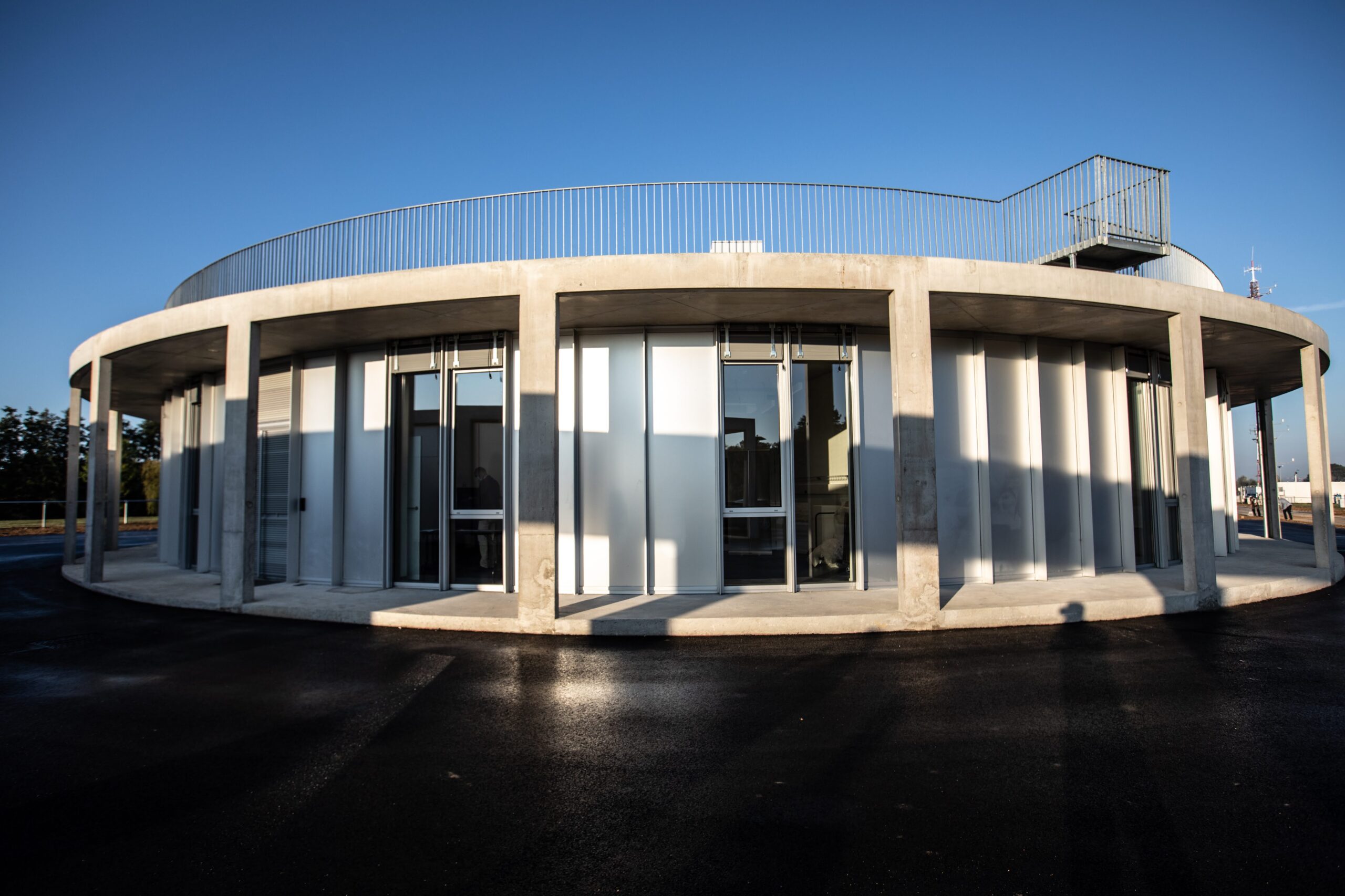
Our laboratories

IPSL
The Institute Pierre-Simon Laplace (IPSL) unites the expertise of eight laboratories and two associated teams specialising in one or more aspects of the climate and environmental sciences and the exploration of the solar system. Nearly 1,500 people (researchers and lecturer-researchers, engineers, technicians, administrative staff, doctoral students, post-docs and interns) work on around ten sites in Île-de-France.

LMD
The Laboratoire de météorologie dynamique (LMD) studies climate, pollution and planetary atmospheres by associating theoretical approaches with instrumental developments in observation and digital modelling. It is at the forefront of research on dynamic and physical processes to permit the study of the evolution and prediction of meteorological and climatic phenomena.

LSCE
The Laboratoire des sciences du climat et de l'environnement (LSCE) strives to understand climate change at all timescales and to predict the upheavals that our planet will face in the coming decades and centuries due to the rapid increase in greenhouse gases.
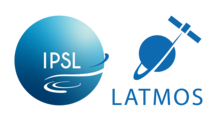
LATMOS
The Laboratoire Atmosphères, Milieux, Observations spatiales (LATMOS) is a research unit that brings together activities previously developed by the Service d'Aéronomie and by more than half of CETP. It is part of the Observatory of Sciences of the Universe at UVSQ.

CEREA
The Centre d'Enseignement et de Recherche en Environnement Atmosphérique (CEREA) is a joint laboratory combining the Ponts ParisTech school and EDF R&D. It studies the physico-chemical processes of air pollution and of the atmospheric boundary layer as well as data assimilation and inverse modelling in geosciences.

GeePs
The laboratory is a joint unit of CNRS, CentraleSupelec, Paris-Saclay University and Sorbonne University. Created in 2015, it is the result of the merger of the LGEP (Laboratoire de Génie Electrique de Paris, the original mixed unit) with part of the ex-Supélec host team and the L2E (Laboratoire d'Electronique et d'Electromagnétisme) host team from Sorbonne University. It is located on the CentraleSupélec campus of Paris-Saclay University in Gif-sur-Yvette and on the Pierre and Marie Curie campus of Sorbonne University in Paris. The research work carried out within the unit combines a triple approach: theory - numerical modelling - characterisation and experimental validation.
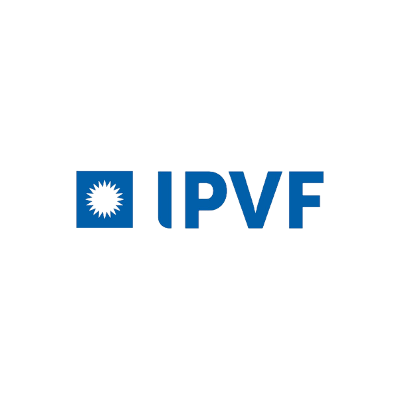
IPVF
The Institut Photovoltaïque d’Île-de-France (IPVF) aims at becoming one of the world’s leading research, innovation and training centres in the field of photovoltaic solar energy by federating globally-acknowledged academic research teams and industrial groups leaders in the photovoltaic sector. IPVF intends to enhance the performances and competitiveness of photovoltaic cells and to develop new breakthrough technologies.
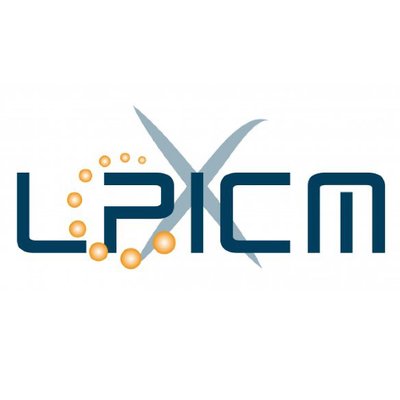
LPICM
Physics and technologies of thin film electronic devices: photovoltaic solar cells and sensors. Fundamental properties and applications of polarized light in materials science and biomedical imaging.
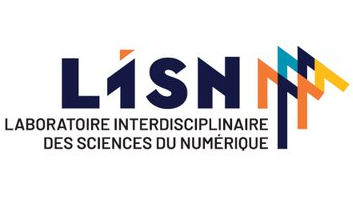
LISN
The Laboratoire Interdisciplinaire des Sciences du Numérique (LISN) was created on January 1, 2021. LISN's research strengths cover both core digital science and engineering science topics, and interdisciplinary topics: artificial intelligence and data science, human-machine interaction, automatic language and speech processing, and bioinformatics.

Samovar
The SAMOVAR laboratory: Distributed Services, Architectures, Modeling, Validation, Administration of Networks, gathers within TELECOM SudParis several teams of researchers who work in the field of services, networks and telecommunications.

E4C
The interdisciplinary Energy4Climate Center (E4C) launched in June 2019 by the Institut Polytechnique de Paris and École des Ponts ParisTech is involved in the energy transition, through research, training and innovation.
Our governing bodies
